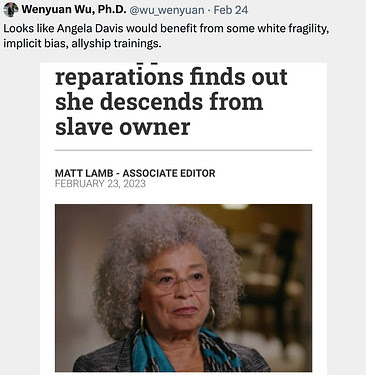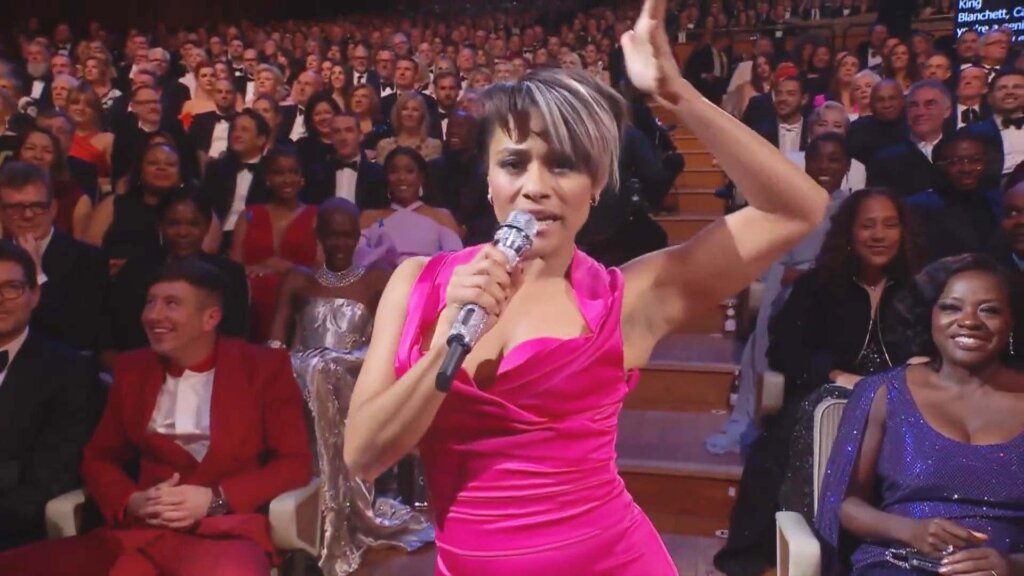 Top Sounds
Top Sounds 
Our curated picks of the top sounds on TikTok
- The Boy’s A Liar
 This song is such a bop and it’s virtually inescapable on TikTok right now. I particularly enjoy the Snoopy edit. This sound is also particularly popular as a background for photo posts.
This song is such a bop and it’s virtually inescapable on TikTok right now. I particularly enjoy the Snoopy edit. This sound is also particularly popular as a background for photo posts. - Don’t Look For Me In Sunsets
 How do you want to be remembered? This sound tells people exactly where to find you— even when that place is in a salad.
How do you want to be remembered? This sound tells people exactly where to find you— even when that place is in a salad. - She’s An Icon
 This one is for the icons. It’s Wendy Williams meets Beyonce. Need I say more?
This one is for the icons. It’s Wendy Williams meets Beyonce. Need I say more? - Capybara
 If you’re on capybara TikTok you know what’s up. If you’re not, checking out videos under this sound will probably fix that.
If you’re on capybara TikTok you know what’s up. If you’re not, checking out videos under this sound will probably fix that. - I’m Begining To Question
 If you’ve ever questioned how much you wanted something once you got it, this is a sound for you.
If you’ve ever questioned how much you wanted something once you got it, this is a sound for you.
 Our Sound Highlight
Our Sound Highlight 
Two Hit Wonder
Mood: 
We have Ice Spice to thank for yet another trending sound. This sound is perfect for a little tongue-in-cheek celebration of your ‘accomplishments.’ The smaller and sillier the better, though the sound can also be used with greater sincerity.
 Effects Highlight
Effects Highlight 
Our curated picks of the top effects on TikTok

Capcut continues to reign supreme on TikTok. Maxwell in the sky is giving brands and organizations alike a boost in views. Your social media manager just needs to lie a little about your content strategy not involving giant floating cats.

Another CapCut highlight— the grand reveal! Here being used to showcase the finest moment of 2023 pop culture thus far.
 The Moment
The Moment 
Issues that are at the forefront of online discourse— Ancestry
It’s Black History Month. Black history can be about grand collective movements. It can be the faces and voices we know well. It can also be personal, an exploration of ancestry, family, and the self.
That personal history can be fraught. When Angela Davis sat down before Henry Louis Gates and heard that her ancestor came to this country on the Mayflower, it seemed to be an encapsulation of the fraught nature of personal history in the Black diaspora. It’s a truth many Black people across the diaspora know, even though they might not have ancestral records. If you dig, you might find the people who endured, and who made your life possible. But you might also find those who caused their suffering.
The clip of Angela Davis discovering her ancestor was aboard the Mayflower has gone viral. My Twitter timeline has been little more than discourse over it for the past week. Some picked apart her surprise as if it was unreasonable to feel something as a Black woman connected to the legacy of colonialism. Others, largely from the right, took the clip as one big ‘gotcha!’

I am ruminating on that sentiment of triumph. In a month of reminders of the history of slavery, it cuts a little deeper than it might otherwise. I don’t trouble myself to ask whether white right-wing people know why Black people share their last names or share their ancestry. Their knowledge is irrelevant. We know their intent.
Black people are constantly indicted as perpetrators of their own oppression. If we fight against it, if we name it, we will be told that we have collaborated in it. Laziness, “you don’t care about education like [X minority group]”, ‘attitude’, professionalism, “stop playing the victim”, and “what about the best–qualified candidate” are all excuses on the rolodex for racists to obfuscate. Black ancestry is no different. A traumatic discovery of what your ancestors endured might be used by some as a tool to oppress.
It is important to look at the full context of history. To be honest. To move away from gleeful cruelty. From a point of truth, and an understanding of what brought us to the present moment, we might better navigate our future.
 The Zeitgeist
The Zeitgeist 
Hot topics from across the internet
- Oh, Ariana DeBose, what in the Lin Manuel Miranda was that? DeBose’s impromptu BAFTA performance left us perplexed.
- The reactions of the crowd alone would send me into space, I fear.
- I do feel bad that she had to deactivate her Twitter though! Especially after giving us the only solid viral moment of this awards season so far.
- Eminem vs. The Real Housewives of Potomac, as the rapper opposed the trademark filing of the podcast Reasonably Shady (starring RHOP’s Gizelle Bryant and Robin Dixon).
- Joyce Carol Oates is in her ‘a broken clock is right twice a day’ era, with some recent tweets criticizing transphobia and terfs. Before you applaud though, a reminder that Oates hasn’t always been an ally.
- The film Cocaine Bear hit theaters and somehow got a largely positive reception from audiences and critics.
- TikTok goes IRL with a new Chipotle menu item after the fajita-quesadilla went viral on TikTok the chain decided to add the item to the (digital) menu.
- The SAG Awards took place on Sunday night and if you haven’t already, be sure to tune into this winning speech from James Hong.
 The Takeaway
The Takeaway 
TikTok’s for you page is constantly evolving.
In December we saw the fyp boost photo posts. Now, it seems CapCut filters and in-app effects are taking center stage, with the help of some algorithmic boosting. It can be exciting to see changes happen on TikTok. Photo carousel posts gave way to more personal storytelling, while CapCut effects have expanded on the oddball and surreal humor of the app, but there’s something worrying about this most recent crop of filters.
Beauty filters, like the viral Bold Glamour filter, are everywhere. They don’t just add the effect of makeup though. Many beauty filters heavily alter skin tones and facial structures, including eye, lip, and nose shapes. Frequently these filters emphasize or alter features to fit into a eurocentric notion of beauty. Something that can be particularly noticeable if you’re a person of color trying any of these filters on.
It’s uncomfortable to see these filters receive algorithmic rewards. Particularly, when you consider how TikTok has made 10-step skincare routings, buccal fat removal, femininity coaching, and siren-eyes mainstream terms. The consumerist culture on TikTok, led by brands, thrives on an obsession with appearance. Gender, class, and race are constantly being signaled at through trends on the platform. Not that TikTok is alone of course— studies found Instagram to be particularly damaging to teenage girls’ self-image.
As marketers in the social media space, it is apparent that we should divest from the consumerism and eurocentrism that fuel trends like beauty filters. That means becoming intentional about our use of visual effects and making a concerted effort to positively contribute to the culture on social media.
Like Vocal Verified? Share it with a friend!



